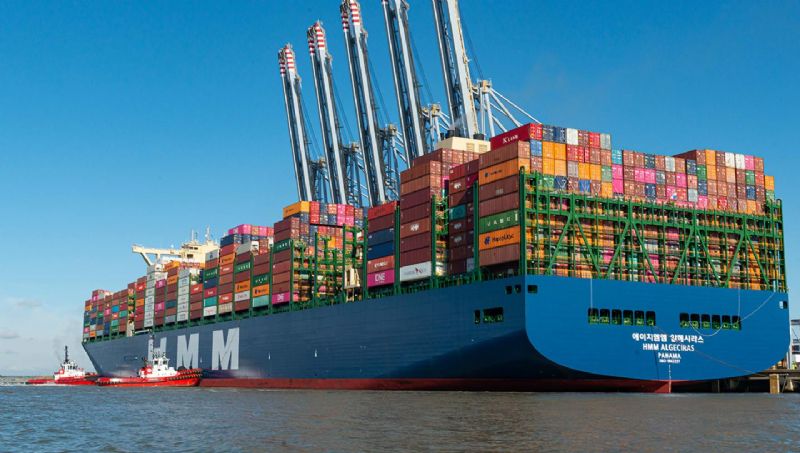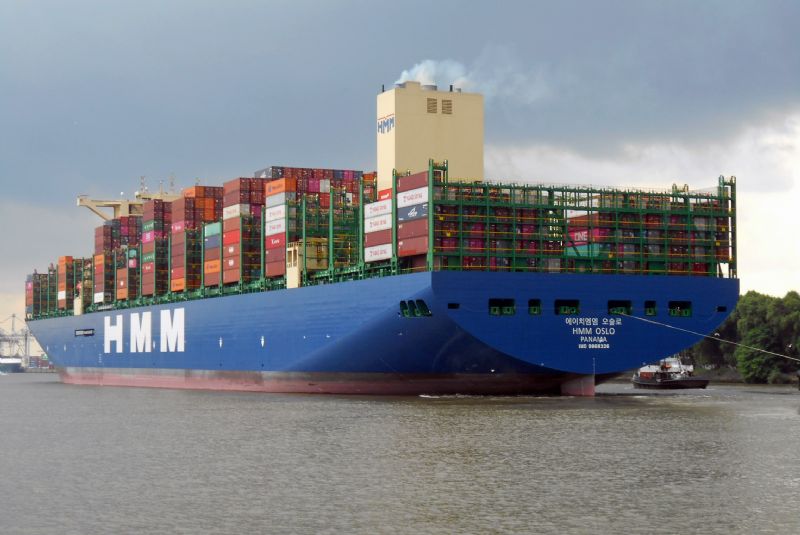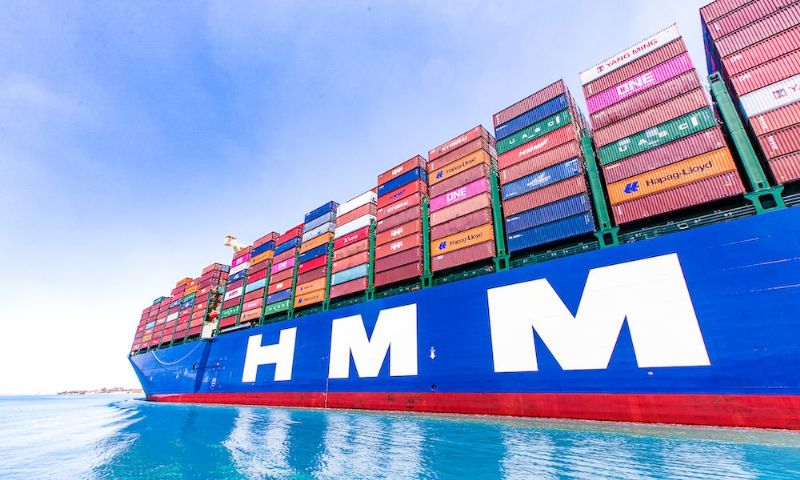
HMM provided an update on its strategy detailing an aggressive expansion plan that would double its containership fleet while dramatically growing and diversifying its operations in bulk cargoes. The plan which calls for an investment of $17.5 billion by 2030 expands on previous growth plans and is seen as a signal of HMM’s independence after the failed effort by Korea’s state-run investment banks to sell their shares in the company.
Currently the eighth largest container carrier with under a three percent market share according to Alphaliner’s ranking, HMM looks to dramatically increase its container fleet as the group also looks to play a key role in the newly announced Premier Alliance. Yesterday, plans for the reformulated version of The Alliance were announced with HMM saying it would support over 30 routes. HMM is also expanding its independence services including a large increase in operations from India to destinations in the Mediterranean, Northern Europe, and the East Coast of South America.
To grow container operations the group plans an investment of $9.5 billion in the sector. The goal is to “secure an operational fleet” of 130 vessels with a capacity of 1.55 million TEU the company said. HMM has orders for new vessels that would carry the operation from its current 868,000 TEU status to over 1 million TEU. Previously the company had set a target of 1.2 million TEU but they now highlight the need to “prepare for the reorganization of global shipping alliances.”
HMM did not specify how it would achieve the growth while separately VesselValues recently reported HMM was active in the secondhand market. In January 2024, HMM also began taking delivery on the first of a class of a dozen newly built vessels. The company said it expects to acquire around 70 “green” vessels by 2030 and today said it will also spend $1.2 billion to acquire containers to enhance its operations.
Meeting environmental regulation is a part of the strategy, while HMM says it is also considering an effort to accelerate achieving Net Zero emissions. It would move forward the target to 2045 as it allocates $10.7 billion, or over 60 percent of its total investment strategy, to sustainable management initiatives, including low-carbon shipping and green facilities.
Growth in bulk shipping is the other key sector as the group looks to diversify and not focus exclusively on either tanker or dry bulk. They highlight the “eco-friendly energy transport sector,” and the possibilities of gaining a significant market share at an early stage.
Supporting the growth in shipping and providing customer service, HMM says it is also targeting an investment of $3.1 billion into an integrated logistics business. This includes expanding terminals and acquiring additional port terminals. The group also looks to expand its off-dock container yard business.
Korea’s two financial institutions, Korean Development Bank and Korea Ocean Business Corp. recommitted to supporting HMM and deferring plans to privatize the company after a proposed sale collapsed in February. The financial institutions had been exploring for several years the privatization saying that the company had been stabilized and should be returned to private management to make future investments. However, the banks were unable to reach terms with the company selected to take control of HMM and decided to cancel the share sale.



We use cookies to improve your experience. By continuing to use our site, you accept our Cookies, Privacy Policy,Terms and Conditions. Close X